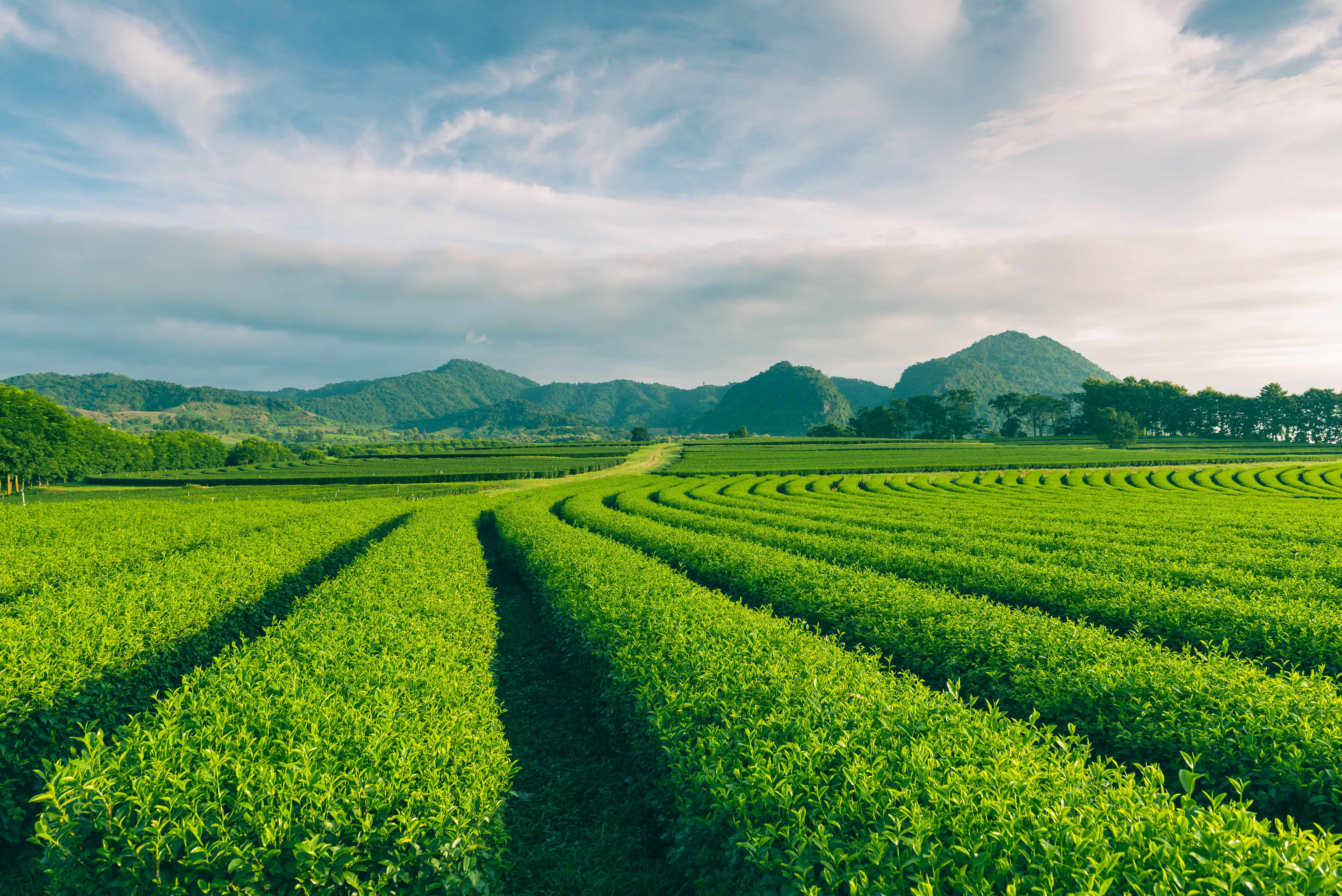Two thirds of South Korea is covered by mountains and hills, and arable land covers a diminishing 22% of the country. Encroachments being made by the rapid growth in South Koreas urbanisation and economy.
As in many South East Asian countries, rice has been the most important food crop, but a rise in Western style diets has seen a decline in the consumption of rice, which has more than halved in the past thirty years. Rising wage levels and increasing land values have also made rice a more expensive crop to produce, so as you'd expect in a technology led country like South Korea, agribusiness has looked to modern farming methods to increase productivity and profits.
The rise of smart farming in South Korea
For several years, the traditional jobs in agriculture and fisheries have become increasingly unpopular with younger generations of South Koreans, who prefer the better paid, less physical work in offices and manufacturing. All this is set to change, however, as the rise of 'Smart' farming technology increases in South Korea (as it has across much of South East Asia). Young South Koreans are more readily recruited back into agriculture, drawn by the application of cutting-edge technologies to aid efficient remote management, automation and mass production in farming.
In 2020, South Korea's smart farming market size was set to rise to 5.4 trillion won, an increase from 3.6 trillion just five years before. Similarly, there has been an increase in the market size of intelligent agricultural machinery to 2.8 million won, up 1 trillion won from five years before.
It's important to note that 46% of the farming population in South Korea is over 70, and around 70% of farmers grow crops on land that is smaller than one hectare. Smart farms don'tneed a huge space to be efficient as artificial intelligence can autonomously control farming environments such as light, moisture and wind to accelerate the growth of crops and livestock. Resources used in smart farming are more eco-friendly as fossil fuel and water use are kept to the minimum possible to be efficient.
The South Korean ministry of agriculture announced in February 2021 that it would launch a 40.6 billion won project to research and demonstrate smart farming techniques applicable to South Korea's unique needs, and by doing so gain global competitiveness.
Recruitment for agriculture in South Korea
The introduction of technology into agriculture in South Korea, backed by ministry of agriculture investment will certainly tempt firms to recruit a younger, more educated workforce back into farming. As the country comes to terms with the end of the Covid-19 outbreak and recovery in the agricultural sector begins, South Korea has increased the sector's attractiveness to foreign workers looking to be recruited. The government has introduced a visa scheme to allow foreign visitors from other industries to work in the agricultural sector, and this is likely to drive yet more recruitment of a younger workforce into smart farming jobs.

